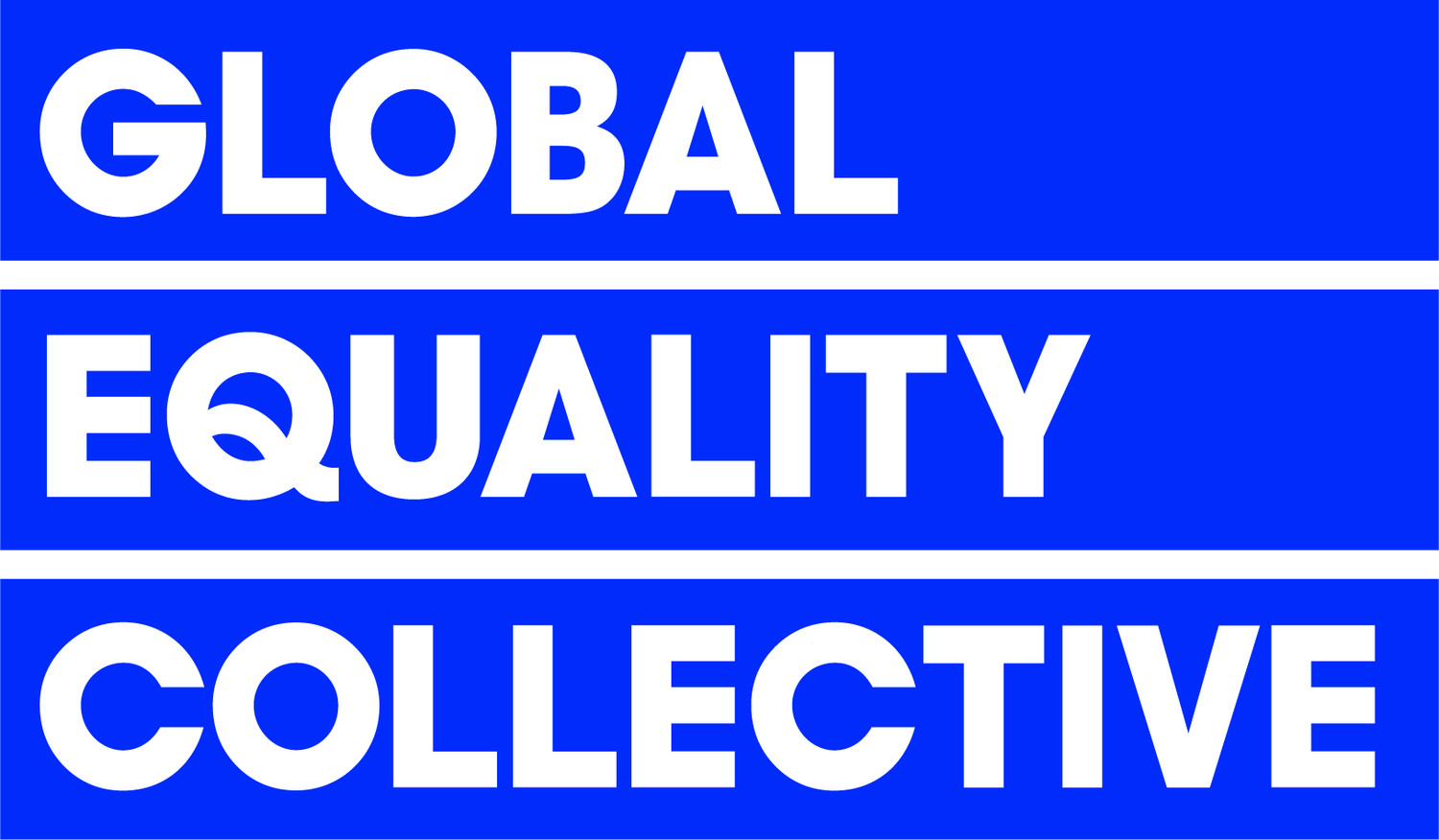Body Image Report
Complete the form below to be sent a free copy of the report.
Understanding the impact of body image in young people
Body image can be described as the way an individual perceives their physical appearance to look, and how they believe others to see them. The Mental Health Foundation conducted research in 2019 and cite that 31% of teenagers and 35% of adults feel ashamed about their body image.
In order to understand the increasing trend in body image issues, research was conducted by Nic Ponsford, our CEO & Founder of the Global Equality Collective (GEC) and Collective expert, Tommy Hatto, Founder of THO, over the duration of 7 months (May - November) in 2022.
An online survey was created and marketed across social media platforms with the aim to understand how young people, between the ages of 12-30 years old, felt about their body image, and what influenced these thoughts.
Our intention - as always when it comes to capturing the lived experiences of people - was to provide individuals a safe space to convey their honest thoughts without judgement, therefore the survey was anonymous and required no PII data from respondents.
Extracts from the survey
86% of men and boys do not have a positive body image of themselves, with 35% of men and boys citing they have a negative body image.
83% of women and girls do not have a positive body image of themselves, with 42% of women and girls citing they have a negative body image.
“Social media was the highest contributing factor to body image pressures in the UK. With the increasing number of image/video sharing platforms, we share a concern of how this will impact users of those platforms. 67% of respondents said they had changed parts of themselves due to pressures they had faced.”
“Many of our respondents acknowledged the use of filters, as well as the number of influencers who portray an idealised version of themselves and their lives online. This contributed to a lot of negative comparisons, especially when there is no requirement to be transparent about the use of filters.”
Body image and Education
“The prevalence of social media, advertising, and celebrity culture has magnified unrealistic beauty standards and societal pressures, significantly impacting how individuals perceive their own bodies. This phenomenon has, of course, raised growing concern among educators, parents, and mental health professionals, leading to its integration into the PSHE (Personal, Social, Health, and Economic) curriculum in schools.”
Many of the respondents commented that more could be done in schools around body image. Get a free copy of the report by completing the below form and then lets talk about how we could help in your school.




